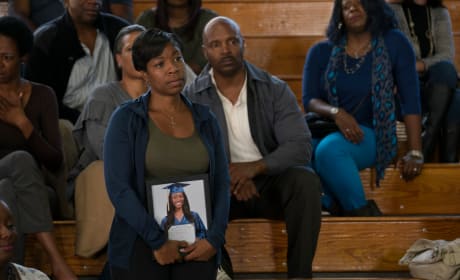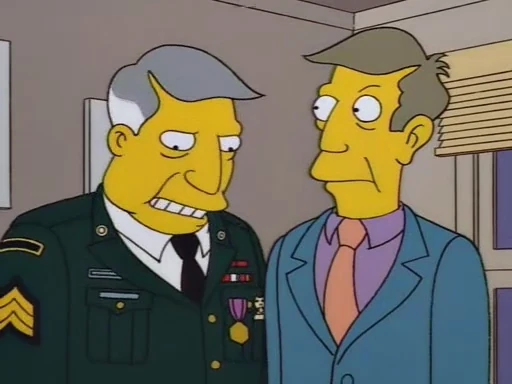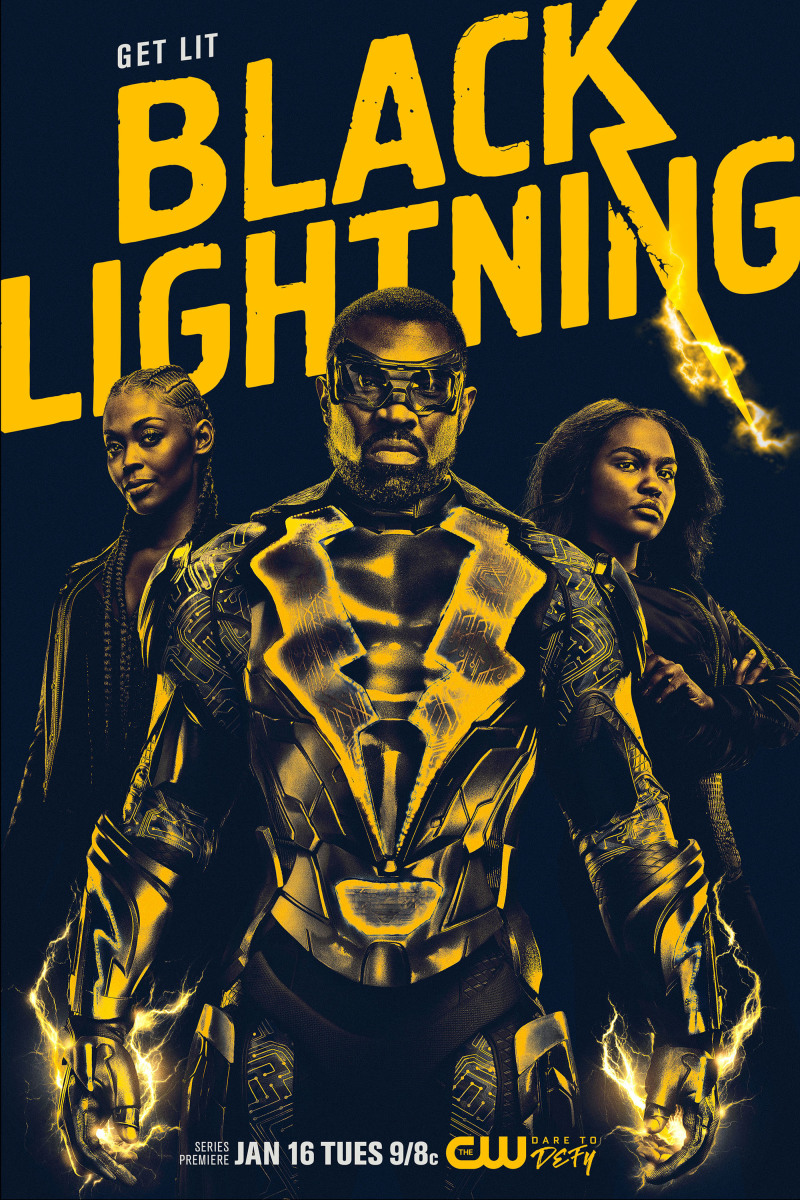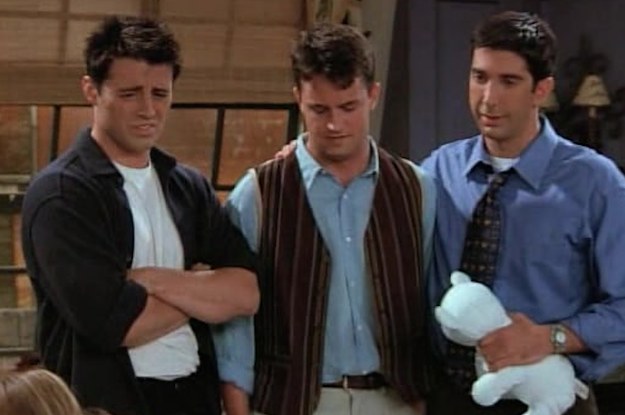 Supergirl 'Fort Rozz' Review
Supergirl 'Fort Rozz' ReviewI think this might have been the hardest episode of Supergirl for me to get through. Not because it was too challenging or complicated...but because I was bored. Sure, there have been episodes of Supergirl that have bored me in the past, but I could at least watch them in the background, even having this episode on as background noise still bored me to tears. Supergirl has to team up with a group of really boring characters, Alex is dealing with a broken leg and is having to help the really bad kid actor, and just all round, I didn't care about what was happening, and somehow this 40 minute episode felt like it was 90. I'll give the episode credit that the attempt to redeem Livewire is an interesting premise, the character trying to give up a life of crime (Mostly out of fear mind you, but a decent jumping off point) and Supergirl trying to help her repent for her crimes is a very Super-family thing to do, the problem is this version of Livewire is just not that interesting of a character, the actress isn't that good and the way they wrote her doesn't give her that clear of an arc in the episode. A complete snooze fest and I'm glad it's all over. 3/10.
The Flash 'The Elongated Knight Rises' Review
At this point I've just given up on being able to define when The Flash is appropriately silly, as this season I've both praised and criticised them for their choices in tone. Half of this episode is committed to Barry's struggles in prison and is very bleak, serious and even somewhat depressing; then the other half is silly and wacky adventures as Ralph has to stop an eco-friendly bank robber, as well as the Trickster family. Tonal inconsistency, thy name is Flash. I don't want to be overly critical on the episode being too silly because in all honesty, I preferred the sillier parts of the episode; I'm not all too invested in Barry's struggles in prison because, well, he's The Flash, no one's a threat to him in there. Ralph meanwhile has slowly being developing into a character I can root for and I enjoy watching. While he does have his moments is annoyance, overall, I'm enjoying his character arc, and find him legitimately entertaining, what I don't find entertaining is the Trickster Family. Let's be real, no one actually cares about The Trickster as a villain, we just all love Mark Hamill in the role, so if people aren't interested in The Trickster, why would be be interested in his family? Short answer: We're not. Even the fights between Ralph and the Trickster family feel incredibly lazy, first fight: one hit and Ralph is down, second fight: one hit and Baby Trickster is down. The only positive to come out of it is Ralph finally got his proper costume (Which looks great) and his code-name: The Elongated Man. In a way that is so incredibly forced but probably the only way someone can get a name like that is to make it the most forced way possible and turn it into a joke, listing a whole bunch of synonyms for Ralph's powers and ending it by saying "I elongate, man". Because yeah, there's no way anyone would come up with the name "The Elongated Man" in this day and age, so you would really have to stretch (Puns!) logic to get that kind of name. 5/10. Also Beebo is back, I'd like Beebo to be in every DC Show please, then for the shocking twist that Beebo actually is a god, and is the main villain for next year's crossover.
Black Lightning 'LaWanda: The Book of Hope' Review
A continuation of the pilot's storyline, this episode somewhat feels more like clean-up than its own story. Wrapping up things like the motel, Lala, throw in a few fight scenes and boom you have an episode. That may sound like a criticism but honestly it doesn't bother me too much. I can definitely see where the repetitions are going to be in each episode, but every DC TV show has repetitive elements, its too early to see if these are going to be annoying or not, though if I had to put my money on it, the fight scenes between Black Lightning and generic thugs have literally no tension, so that'll probably get boring in the future. However, none of this holds too harshly against the show, because the initial elements and style of the series holds it all together. The grit and violent realism, in particular the story of LaWanda (The titular character of the ep) was unyielding and engaging, and Tobias Whale, yet again, has very little screentime, but what he does get is just excellent. He's violent, dominant and quite terrifying, I hope we do get more of him in the future, but what we're given right now is just enough. Furthermore, Jefferson Pierce is proving to be far more interesting a counterpart than his superhero alias, mostly because of the point mentioned earlier, nothing poses a threat to him as Black Lightning (Also it's stupidly obvious BL and Jefferson are the same person but no one notices), but as a principal? Trying to solve his problems with words instead of violence, that is much more interesting to watch, and arguably makes him one of the better heroes in DC TV. 7/10.
Arrow 'We Fall' Review
So is there any actual reason for the team to split in two? Cause they seem to be going on the exact same missions and remain in contact with each other, this feels like one of those plot points the writers didn't really think through. Furthermore I've recently realised that the villains aren't weak out of a lack of an attempt to make them interesting, but rather, they're just not interesting in general. Vigilante is double crossing people every other episode that I've lost any potential interest in him, Cayden James' motivation is basic; the only thing dragging them along is Michael Emerson & Katie Cassidy lively performances. Also the plot point about Oliver's son not knowing he's the Green Arrow is resolved...good. It was never that engaging to begin with and I'm glad they didn't drag it out, in fact, I think even the writers knew this wasn't interesting because they resolved this issue with almost no actual conflict. Speaking of William, that scene of him on the bus was laughable in how ridiculous it was, I know he's the Green Arrow's son but we was way too mature and confident in a crisis, nothing about that was believable. This episode felt rather basic, nothing too good, nothing too bad, let's call it a 5/10 and go home.
-Danny




